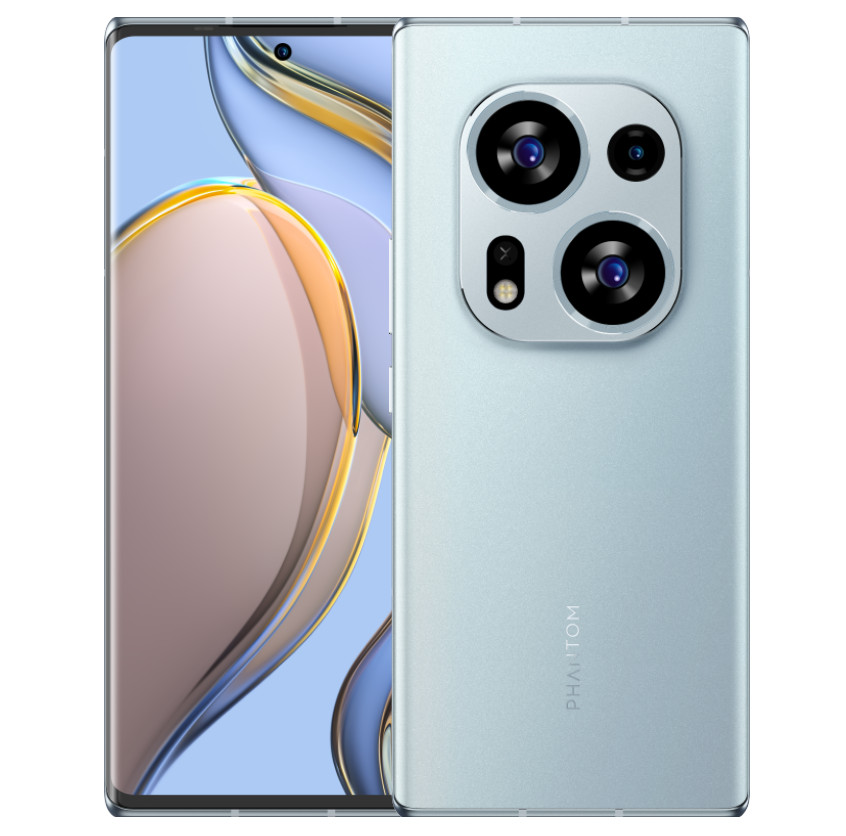
Much has changed in the 140 years since the first celebrity-brand partnership, however, much has stayed the same.
As best I can tell, the first celebrity to endorse a commercial product was London actress and socialite Lillie Langtry, who became the poster girl for Pears Soap in 1882. Since no one who worked on that campaign is still around, we will have to trust there was an air of authenticity involved; Ms. Langtry actually did use Pears Soap.
To say much has changed in the 140 years since would be a massive understatement, of course, but on the other hand, much has stayed the same when it comes to the art, if you will, of creating a true, authentic celebrity brand partnership.
Influencers, Endorsers and Ambassadors — Oh My!
Back in the days of BD — Before Digital — the word “influencers” was used mainly in the context of parents, teachers, etc. as in “These are the influencers of today’s youth.” I have no idea if that is true by the way, I just needed an analogy between then and now; just play along.
Today, in the Post Digital world — PD — the word “influencers” connotes an entirely different meaning and can have a significant impact on the world of marketing and branding. The term “influencer marketing” as defined by Shopify is, “A social media strategy where brands partner with people who have a large, engaged social media presence. This can include bloggers, celebrities, and everyone in between.”
And it is a big business. How big? Well, consider that in 2020, according to Statista, the whole industry was worth $9.7 billion and by 2023 — just three years later — it will be worth more than $16 billion, which comes out to an increase of more 65%, again in just three years.
Regardless of what name or label you use — influencer, endorser, ambassador, or others I can’t think of right now — the end game is still moving the needle, moving product, improving the bottom line or, in plain English, increasing revenue for a given brand.
However, these partnerships must always be authentic and not just for the reasons you may be thinking, at least initially. Yes, the authenticity needs to come across in the relationship between the given influencer/celebrity and brand (more on this in a second) — but there also needs to be authenticity when it comes to small government entities like, oh I don’t know, the Securities and Exchange Commission and Federal Trade Commission!
Not long ago CMSWire staff writer Jennifer Torres wrote a great piece (in related article below) all about this topic which I highly recommend reading:
Related Article: Amid Controversy, Will Marketers Change Their Influencer Game?
Authentic Celebrity Brand Partnerships
Back in 2018, I had the chance to speak with award-winning actor/producer Michael B. Jordan about his decision to partner with the tea brand, Brisk. It was clear that he believes very much in the need for authenticity and alignment to his personal brand telling me that when he decides to partner with a brand it has to be a brand that coincides with his goals. He added that he is also focused on the values connected to each brand campaign and considers each project in terms of what message it sends to future generations.
I walked away from that interview much the same way I did not long after recently speaking with Tim and Demi-Leigh Tebow (Tim is pictured in the featured image accompanying this article). Earlier this year, it was announced that Tim and Demi-Leigh were partnering with and investing in Restore Hyper Wellness, a fast-growing network of wellness studios. (Editor’s disclaimer: Restore Hyper Wellness is a client of Salient MG, who is the author’s employer.)
When I told them what Michael B. Jordan had said that he looks for when it comes to partnering with a brand, they each were in complete agreement.
“I would add that I look for three things when it comes to right fit for working/partnering with a given brand,” Tim said. “The people, the product, and the purpose. Those three must be the right fit.”
Demi-Leigh agreed with Tim, adding, “It also has to be something (product/service/etc.) you believe in; something you’re passionate about.”
The More Things Change … And Lessons For CMOs and Marketers
As I alluded to earlier much has changed while much has stayed the same when it comes to working with influencers and celebrity partners. As Restore Hyper Wellness CMO David Fossas puts it, the change has come via “new channels and technologies that we have to manage to reach consumers in new ways.” But, as he aptly added, there is and will always be a need for CMOs and marketers to partner with influencers, ambassadors, etc. who are, wait for it … authentic.
Here are some other tips David has for CMOs and marketers regarding partnerships:
- DO: Find someone who shares your brand’s values and appeals to your core audience.
- DO: Learn what that celebrity is passionate about and determine if that passion can be the basis for a program; you can develop together to meet each other’s goals.
- DON’T: Make it about you as an individual. For example, if you are a fan of a certain singer or actor and want to meet them for personal reasons BUT they don’t align with your company’s goals and values, don’t force it. Never sign a brand partnership with a celebrity just to satisfy your personal wants.
Related Article: The 10 Commandments of B2B Influencer Marketing
Influencer Marketing Without the Massive Budget
Ok, some of you may be thinking, “Steve, this is all sounds great, but I don’t have a celebrity investor, nor do I have the budget to support celebrity influencers. What can a brand like mine do to compete?”
Great question, glad you asked.
David Fossas shared some thoughts on that very topic. “The traditional approach was to concept an ad, hire some actors, produce a commercial and away you go. I think the next stage or iteration of that process is working with influencers and ambassadors who are also creators,” he said. “These are folks who have established their own community and corresponding reach and if that authentic connection is there — just as is the case with a celebrity — brands who may have not a blank check should consider this tactic.”
To build upon what David said, one place to find this type of influencers is very often in each brand’s own backyard, aka their database. Any brand worth its weight in loyalty points should be able to identify their most loyal, valuable customers and in turn incentivize them to become, in essence, a brand ambassador or influencer.
There are no shortage of resources when it comes to ideas on how to go about doing this — including this gem from earlier this year on how to build customer loyalty because without loyalty there will be no ambassadors — and another on how to recruit brand ambassadors.
Conclusion: Treat Brand Equity Like Gold It Is
In closing, if I had to sum up all the above it would be this: Your brand, no matter how long it has been around, has equity. And that equity needs to be treated like the gold that it is. And your customers are the ones who built and/or who will build and continue to build that equity.
It is extremely important that you respect that they know more than you may think or give them credit for. They know you’re in business to make money.
So when you partner with a celebrity or influencer or ambassador or insert-title-here, always, always make sure it is an authentic, real and honest partnership otherwise your customers will see right through it and all that hard-earned equity could be gone in an instant.






